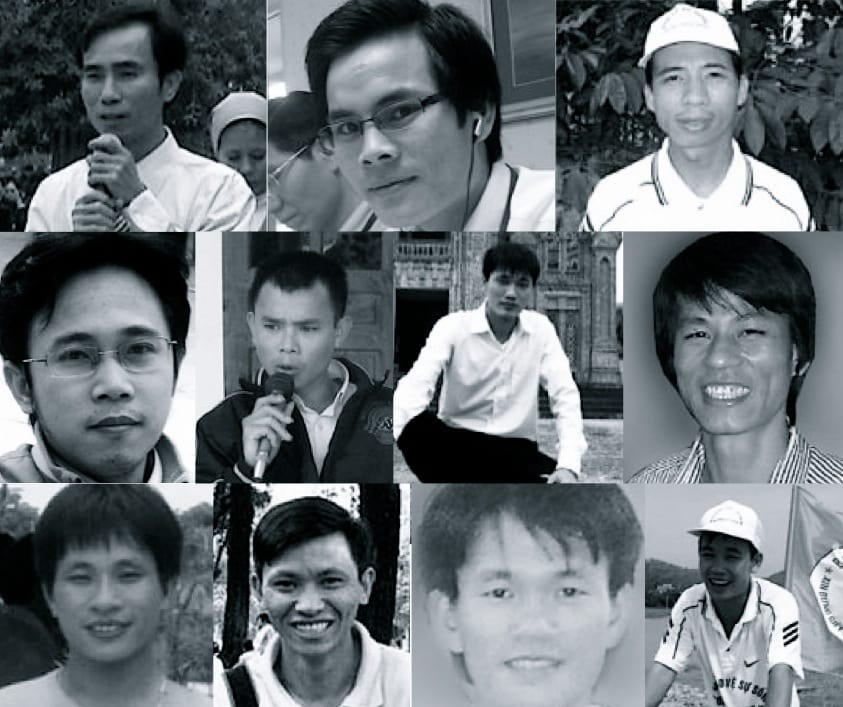Articles by Electronic Frontier Foundation (EFF)

Major privacy victory: US mayor orders police to dismantle drone programme
In an amazing victory for privacy advocates and drone activists, yesterday, Seattle’s mayor ordered the city’s police agency to cease trying use surveillance drones and dismantle its drone programme.

Gulf rulers intensify repression against rising online activism
Apart from their geography and shared culture, what Kuwait, Oman, and Bahrain have in common is aging authoritarian leadership coupled with a young, Internet-savvy populace: an obvious recipe for tension.

Joint letter to Skype calls for greater transparency
In an open letter to Skype, numerous journalists, activists and NGOs urge it to be more transparent about the confidentiality of Skype conversations and about its data protection and retention policies.

The next five battles for Internet freedom in the USA
One year ago today, Internet users participated in the largest protest in Internet history, demanding the US Congress drop the Stop Online Piracy Act (SOPA). Here’s a look at the top five issues SOPA activists should focus on next.

Take action for Internet freedom
To mark Internet Freedom Day, digital rights groups are calling for reforms to computer crime laws, after the death of activist Aaron Swartz.

IFEX members call for release of 13 Vietnamese activists
Thirty IFEX members protested the sentencing of bloggers, citizen journalists and rights activists, jailed for up to 13 years in the biggest ever trial of pro-democracy activists in Vietnam.

After US activist’s death, calls to amend computer crime law
The tragedy of the suicide of Internet activist Aaron Swartz shines a spotlight on profound flaws in the Computer Fraud and Abuse Act. According to the Electronic Frontier Foundation, current hacking laws are too broad and too vague, and the penalties are too heavy-handed.

Digital rights activism around the world in 2012
While not every campaign was successful in quashing efforts to restrict rights, 2012 was a great year worldwide for digital activism, says the Electronic Frontier Foundation.
